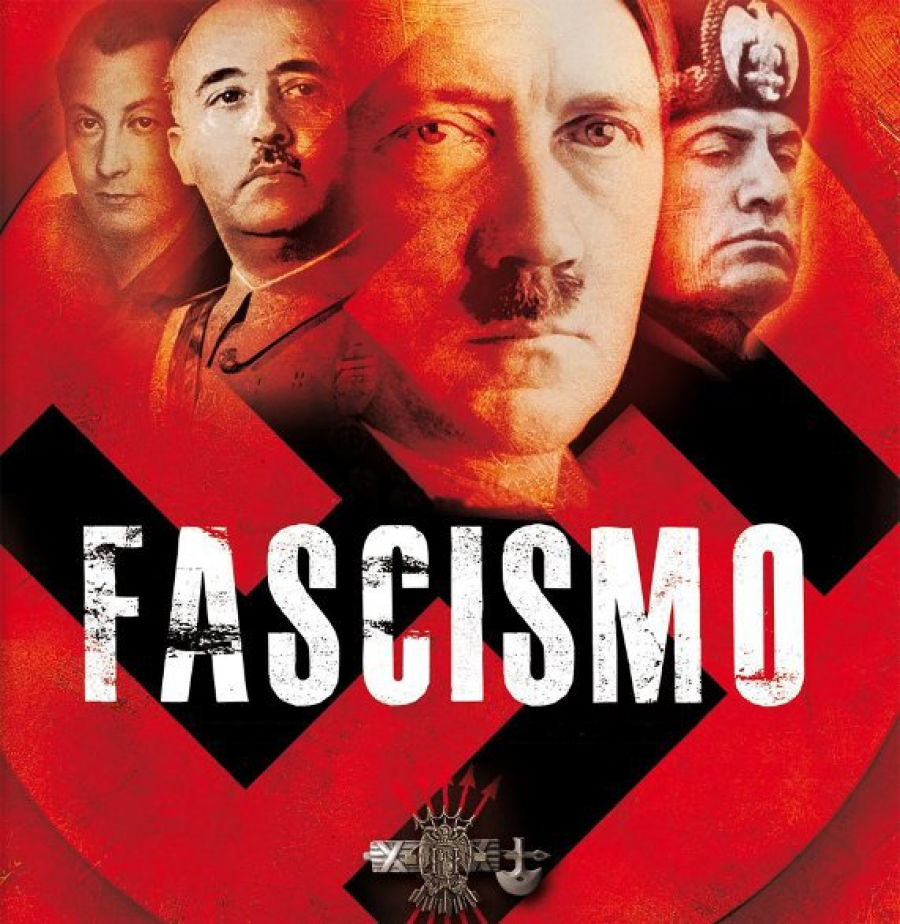ADVERTS
The definition of fascism for Benito Mussolini, creator of this regime, is the following: “Everything for the State, nothing against the State, nothing outside the State”.

What is Fascism?
Fascism is a political model that originated in Europe between 1919 and 1945. Its style adopts idealism, militarism, totalitarianism and nationalism.
ADVERTS
Fascism is linked to the style of government adopted by Benito Mussolini in Italy. Even so, fascism became an orchestrated movement in much of Europe in the 1930s and spread throughout Spain and Portugal.
Italy was an easy target for fascism because its population was extremely nationalistic regarding language, race and culture.
Italian anger over this increased in the post-war period, when the country was destroyed and the Allies refused to fulfill reconstruction agreements. Feeling humiliated, Italians easily joined fascism.
ADVERTS
Benito Mussolini, opportunist and social activist, assumes power. His first action was to end multi-partyism.
Mussolini took power in 1922, so fascism became known at that time. As a form of totalitarianism, Mussolini achieves absolute power in Italy, something granted to him by Parliament.
The state model formed by Mussolini applied corporatism, increased military strength and government intervention in the economy.
Mussolini ruled Italy until 1943.
